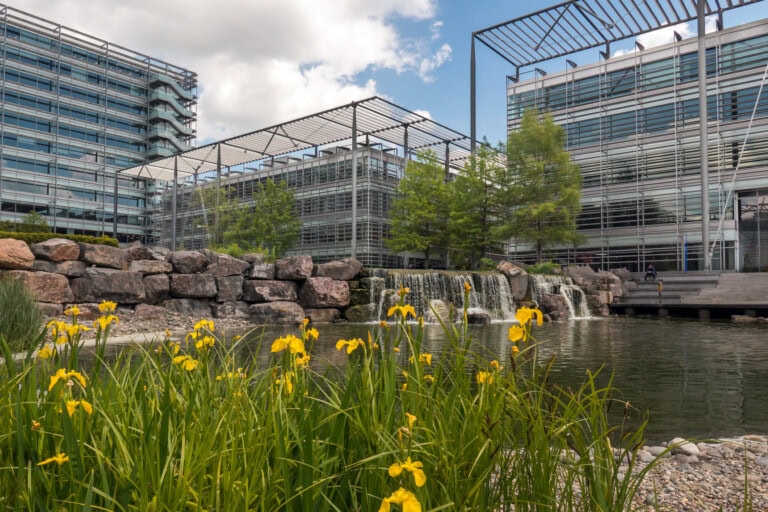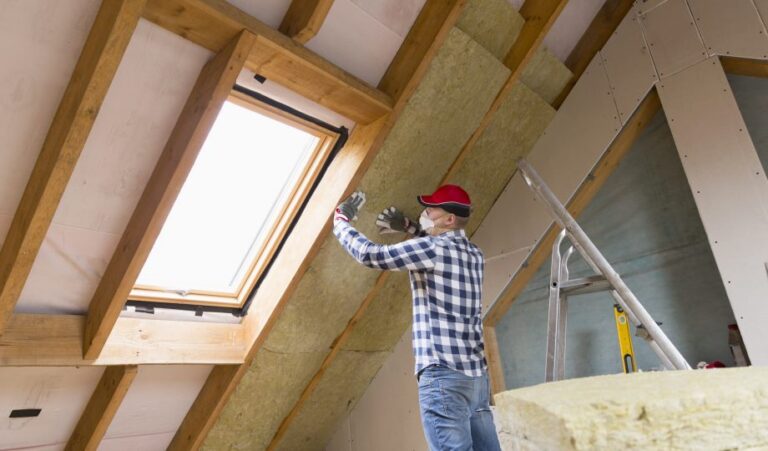A Budget for a better built environment?

On March 11, the new Chancellor Rishi Sunak will make his budgetary debut, following his surprise elevation last month.
Whilst plans to launch the new Government’s ‘levelling up’ domestic agenda have, understandably, now been overshadowed, this remains a vitally important Budget for delivering net zero ahead of COP 26 in November.
With the decarbonisation of our buildings still lagging behind other sectors, this Budget would be a good time to act. To ‘level up’ emissions reductions across the sector, and unlock its substantial potential for green growth, the UK Green Building council would recommend the Chancellor prioritise the following:
- New measures to promote energy efficiency
The single biggest opportunity – for delivering economic growth, decarbonisation, wider social and health benefits – is energy efficiency in existing homes.
Since December, Minister Kwasi Kwarteng has been openly talking about the need to address the UK’s aged and inefficient housing stock, alongside incentives for able-to-pay households. On the face of it, we’ve had some impressive numbers in the manifesto, the Conservative manifesto pledged a range of measures including a Social Housing Decarbonisation Fund (£3.8 billion over a ten-year period), Home Upgrade Grants (£2.5 billion over a five-year period: £150 million 2020-2021) and a Public Sector Decarbonisation Scheme (£2.9 billion over a five-year period: £170 million 2020-21).
However, it is crucial that any funds are not just isolated morsels, but form part of a thorough, long-term strategy for decarbonising the UK’s building stock. UKGBC has long been calling for energy efficiency to be recognised as a national infrastructure investment priority, backed by government spending programmes. Similarly, the Government must create a strategy to fulfil its stated goal of getting as many homes as possible to an EPC rating of C by 2035.
A vital stimulus will be government demonstrating leadership through its own procurement. The Public Sector Decarbonisation Scheme should be used effectively to leverage supply chains and send clear signals to the market on what ‘good’ looks like, investing in substantial fabric-improvements and low-carbon systems, not just minor alterations or new lightbulbs.
- Incentives to promote a more circular economy and reuse
Alongside the pledged plastics tax, the Budget also offers a wider opportunity to tackle waste (and its associated carbon footprint) from the construction sector.
UKGBC is part of the prominent and ever-growing list of industry bodies and businesses supporting Architects Journal’s Retro First Campaign, which advocates cutting VAT on refurbishment, repair and maintenance from 20 per cent to 5 per cent, introducing new clauses into planning guidance and the building regulations to promote reuse and recycled material and insisting that all publicly funded projects look to retrofit solutions first.
Given the momentum behind this campaign, alongside interventions from the Federation of Master Builders and National Builders Federation, the Chancellor would be wise to seize this opportunity.
- Nature-based solutions to enhance climate resilience and tackle flooding
With flooding still an issue across the country, there is a significant incentive for the Government to build on its commitments relating to nature-based solutions, as a means of enhancing the UK’s resilience to extreme weather events.
In his article in response to the floods, the new Secretary of State for DEFRA, George Eustice, stressed the role for nature-based climate resilience solutions in long-term flood resilience. Likewise, both the Prime Minister and Lord Goldsmith made nature-based solutions the centrepiece of the launch of the ‘Year of Climate Action’, highlighting the manifesto pledge of a ‘Nature for Climate Fund’ for £640 million over five-year period, with £60 million from 2020-2021.
Although the Fund pledges various tree-plating initiatives and will complement the Agriculture Bill’s emphasis on sustainable land management, there is a much broader opportunity here. This Budget represents a chance to set an example of how short-term crisis spending could be most prudently spent on tackling wider, climate-related goals.
New funding should fill current gaps in addressing contribution and resilience of the built environment – tackling run-off from artificial surfaces and drainage pressures etc. – whilst simultaneously helping tackle biodiversity decline. UKGBC’s Sector Ambition has highlighted this issue, calling for “all buildings and infrastructure, throughout their lifetime, to be climate resilient and maximise environmental net gains, through the prioritisation of nature-based solutions.” Any emergency spending should therefore help vulnerable local authorities develop integrated sustainable drainage and nature recovery strategies, whilst also favouring schemes that enhance urban flood resilience and promote biodiversity.
Looking ahead:
Rishi Sunak’s first Budget is clearly not going to be exactly what either he or Boris envisaged. However, beyond the baseline of manifesto and legislative promises to fulfil, such as funding provisions of the Environment Bill, it will be crucial for both the economy and COP what big green ideas are in that little red box.
Related
Storms, climate change and how we make our cities resilient

Sustainable Construction for the Sustainable Development Goals

Fixing the Competency Gap: Moving Beyond Qualifications in Domestic Retrofit

UKGBC Members visit Coal House in Cardiff

